InfoQ Homepage QCon London 2014 Content on InfoQ
-
Emma Langman on Systems Thinking
Emma shares her view on Systems Thinking and why is it important in modern organizations that want to learn and move forward. She also delves into other topics from her experience such as working in the Middle East, women and technology and work-private life balance as a working mother.

-
Tom Stuart on TDD, BDD and Ruby
Tom Stuart talks to ObjectView editor Mark Collins-Cope about his interest in computer science, Test Driven Development, Behaviour Driven Development, and Ruby
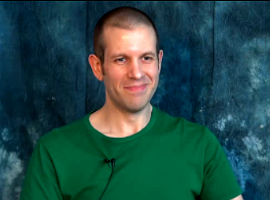
-
Nick O'Leary on Node-RED
Nick O'Leary talks about the creation of Node-RED, a tool for wiring together the Internet of things that he built on top of Node.js using a number of open source web frameworks. He also discusses open source hardware, the importance of open APIs and the rise of MQTT as an alternative to HTTP for IoT applications.

-
Glen Ford on Building Great Teams, Lean and DevOps
Glen Ford talks about his experiences in different organizations' environments, from start-ups to the likes of BBC. Glen discusses how to build great teams and why in his view Kanban works better than Scrum. Finally, Glen explains how Lean, DevOps and systems architecture all influence each other.
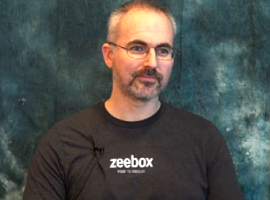
-
Damon Edwards: DevOps is an Enterprise Concern
Damon argues DevOps is most needed in the enterprise world, and suggests starting with self-service provisioning interfaces, service oriented mentality, designing tool chains and meaningful metrics. All based on his own experience on the field as a DevOps consultant.
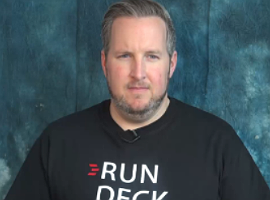
-
Portia Tung on Enterprise Gardening and Overcoming Agile Adoption Challenges
Portia Tung talks about nurturing teams and supporting agile adoption as an Enterprise Gardener. She is a fulltime agile coach working within an organisation helping them achieve agility at scale. She discusses how the fulltime coach role differs from that of consultant coach, how teams are nurtured and why a culture of giving and sharing allows for collaborative growth.

-
The Mikado Method: A Systematic Approach To Restructuring Software
Ola Ellnestam discusses the Mikado Method, a systematic approach to restructuring software. While complementary to, but different than refactoring or developing 'clean code' this method looks at producing a dependency graph to guide developers through the most successful path when introducing change into an existing system.

-
Interview with Andy Piper on Cloud Foundry
Andy Piper provides an overview of Cloud Foundry, where it has come from and where it is going, recorded at QCon London 2014.
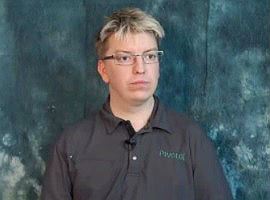
-
Damian Conway on Teaching, Programming Languages, Open Source and Our Future
Damian Conway talks about some of the secrets of his famous presentations and the joy of teaching. He explains why Perl does not get so much attention as other programming languages in this age of programming languages renaissance. Damian finishes speculating on how technology will shape our future as human beings.
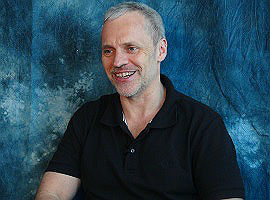
-
Aviran Mordo on Scaling Wix, Choosing Between MySQL and NoSQL, Scala
Aviran Mordo explains the service oriented architecture behind web hoster WiX, when to choose MySQL vs NoSQL products, introducing Scala, and much more.
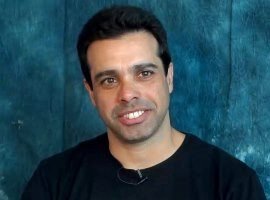
-
Katherine Kirk talks about applying different philosophies to coaching teams in crisis
Katherine talks about how her own life experiences and unique background having been raised in an Aboriginal tribe in Outback Australia and subsequently studied Mahasi Vipassana Buddhism have added to her coaching toolkit, and how she applies these ideas with teams and projects in trouble to help them overcome challenges and solve their problems
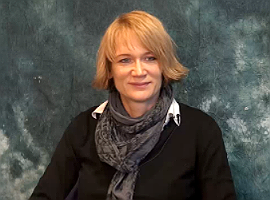
-
Allard Buijze on CQRS, Event Sourcing and the Axon Framework
Allard Buijze, creator of Axon, an open source Java framework that supports CRQS architectures, talks about CQRS, Event Sourcing and their relationship. He talks about how to solve some practical issues when applying this kind of architecture. Allard ends by sharing his experiences on building Axon as an open source project and what's in store for future versions of the framework.
